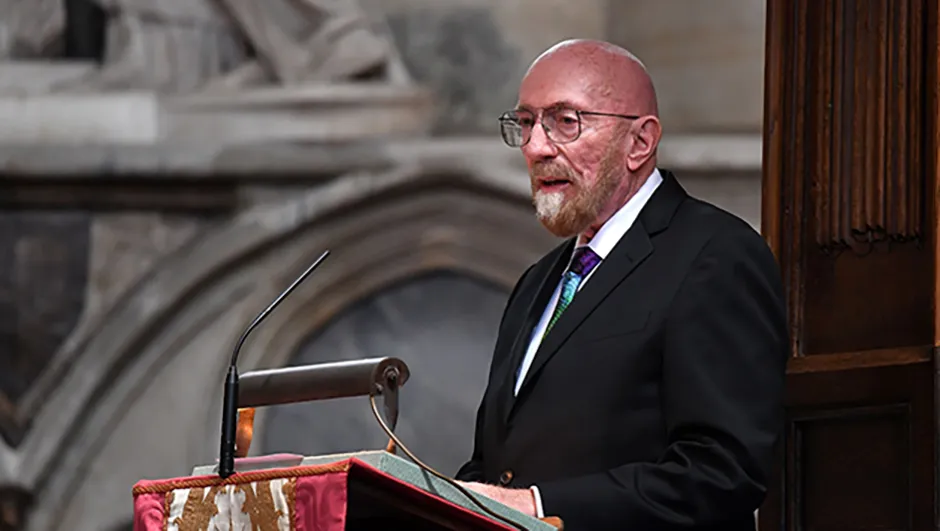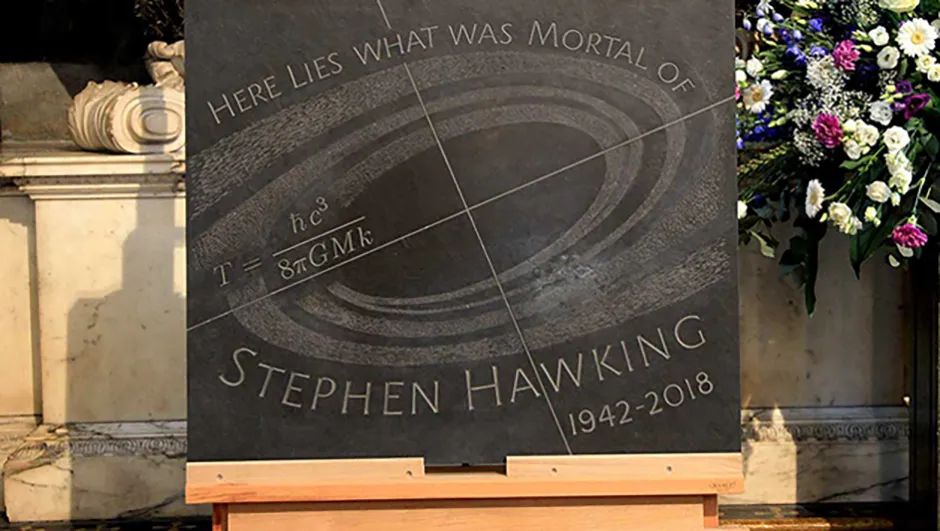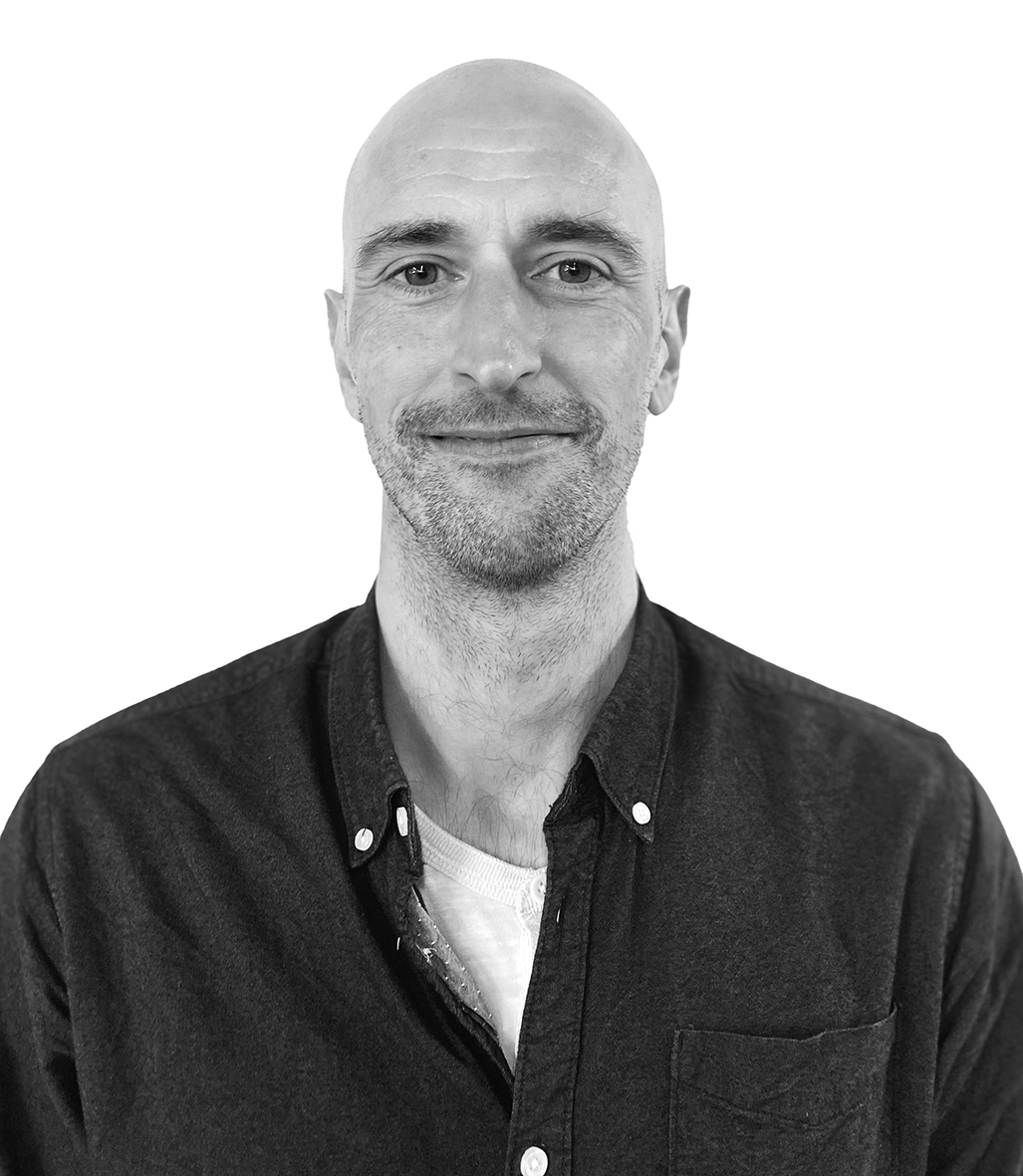"No one since Einstein has done more to deepen our knowledge of the cosmos and inspire achievement against the odds."
Those were the words of Astronomer Royal Lord Martin Rees used to describe his friend, colleague and fellow scientist Professor Stephen Hawking at his memorial service on Friday 15 June.
Hawking, the physicist renowned for unravelling the mysteries of black holes was laid to rest in a special ceremony held at Westminster Abbey in London.
While his funeral, held on 31 March, was an understandably solemn affair, the memorial service was a colourful celebration of Hawking's life and work.
It began with the Abbey's organist's playing Venus, the Bringer of Peace from Holst's The Planets, and was later brought to a close with Wagner's 'Ride of the Valkyries'.
Lord Rees attempted to answer the questions raised by the occasion in his address, pointing out that although the physicist shared an agnosticism similar to that of Darwin's, Hawking himself described his scientific quest as a mission "to learn the mind of God."
But it was Hawking's friend, the physicist and Nobel Laureate Kip Thorne, who perhaps provided the best solution while speaking at the ceremony:
"[Stephen] earned a special place in the hearts of admirers worldwide and a special place in Westminster Abbey, beside Isaac Newton."

As well as his family and friends, Westminster Abbey was filled with fellow scientists, astronauts Chris Hadfield and Tim Peake, actor Benedict Cumberbatch and hundreds of schoolchildren.
People with motor neurone disease and other conditions that confined them to wheelchairs also came, as did a Marilyn Monroe lookalike (Hawking was reputedly a big fan of the Hollywood star).
But as far as anyone is aware, no time travellers were present, despite there being an open invitation to anyone from the future with the capability to attend.

Hawking's crowning scientific achievement may have been the discovery of Hawking radiation but it was his ability to build bridges that is perhaps his greatest legacy: bridges between Einstein's General Theory of Relativity and quantum theory, bridges between academia and the general pubic, bridges between scientific insight and social responsibility and, once again, as his tribute message was beamed into the stars, a bridge between Earth and space.
